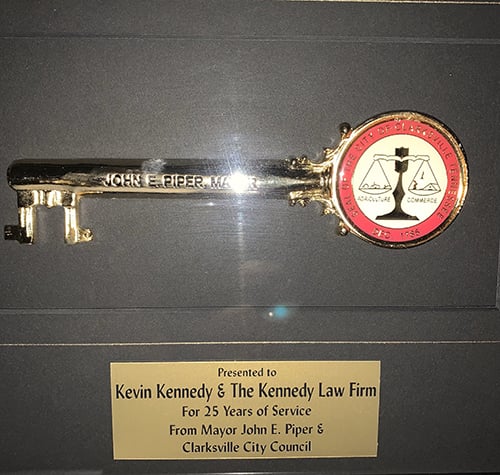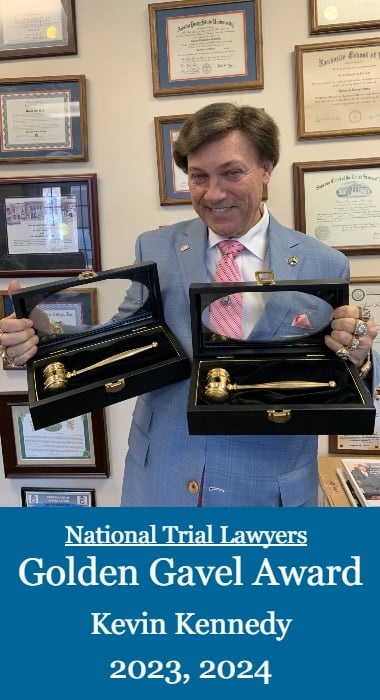Helping Spouses And Children Carry On After Losing A Loved One
Our attorneys understand both the legal and emotional issues that make wrongful death cases different from other types of personal injury.
We can work closely with your family to give you peace and security during this difficult time and gather the evidence necessary to vindicate your loss to the fullest extent available under the law.
Why Wrongful Death Cases Are Different
A wrongful death occurs when a person is killed as a result of another’s carelessness, negligence or malicious action. This can arise through a car accident, medical malpractice, defective product, or deliberate or criminal conduct. While many of the damages available in wrongful death lawsuits are similar to those allowed in serious and catastrophic injury cases, there are also some types of compensation available to surviving family members:
- Loss of financial support, care, protection and companionship from the deceased
- Medical expenses prior to death
- Loss of the victim’s expected future earnings
- Funeral expenses
- Loss of benefits, such as pensions and medical coverage
- Pain and suffering of the victim prior to death
- Emotional distress of the survivors
- Loss of inheritance
- Punitive damages in limited and extreme cases
Preserve Your Rights After A Tragedy
Do not wait! If you have lost someone you love, speak with an experienced attorney as soon as possible to begin building a case. Waiting to begin can make it more difficult to locate witnesses and evidence as well as run the risk of going past the legal deadline for filing a lawsuit.
Decades Of Experience Make A Difference
At Kennedy Law Firm, PLLC, we assess the viability of your wrongful death claim and explain what you can expect from settlement negotiations or at trial. We research your case, interview witnesses, collect evidence, confer with expert consultants, plan legal strategies and negotiate with insurance companies and opposing counsel to get you the compensation you need to carry on.
Founding attorney Kevin Kennedy established our firm in 1984. In the decades since, he has continued to build our firm so that it can offer families in need the skilled legal assistance necessary to help them find justice and peace after such a terrible loss.
Wrongful Death Lawyers Serving Clarksville And Throughout Tennessee
Turn to the Kennedy Law Firm, PLLC, for representation that can help you create the accountability you need for the loss of your loved one. To schedule a free initial consultation, call 931-444-5620 or contact us online.
We take personal injury cases on a contingent fee basis. We collect no attorney fees unless we secure compensation for you.


